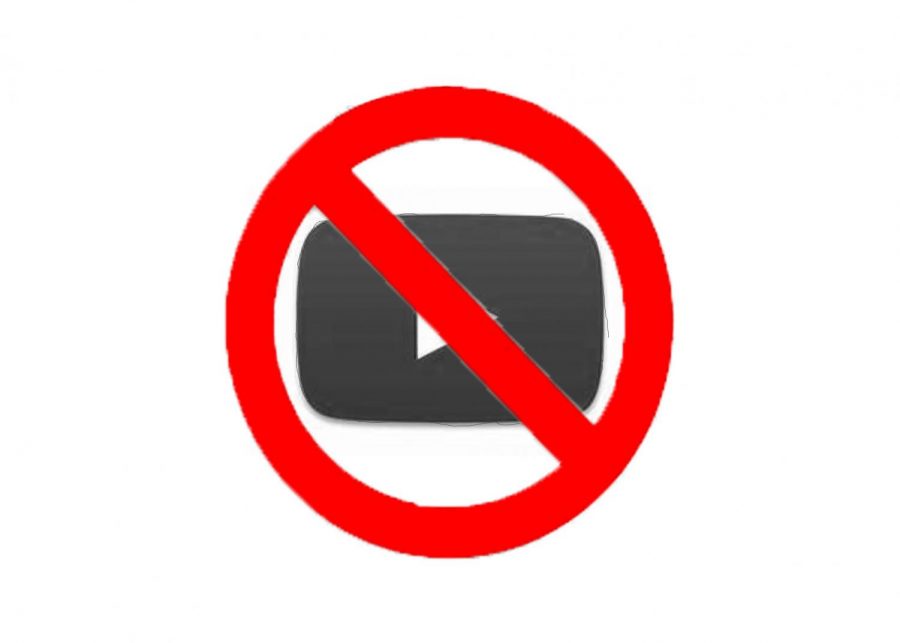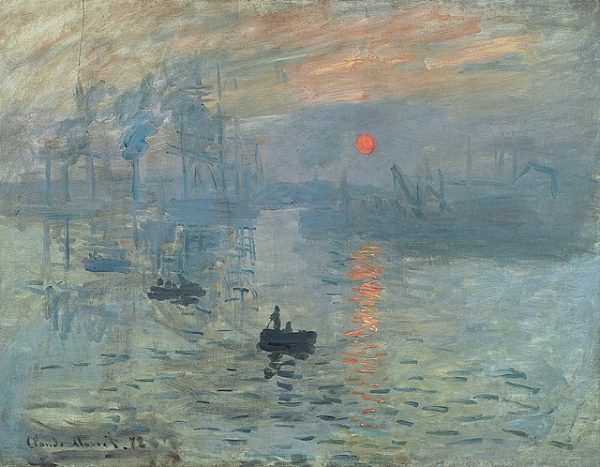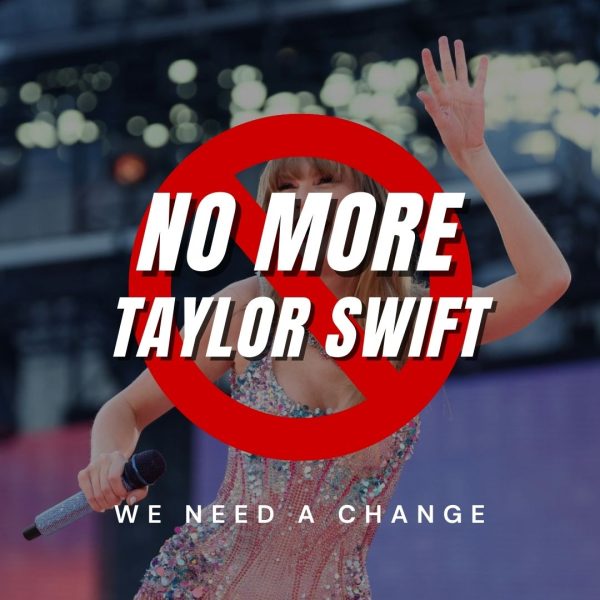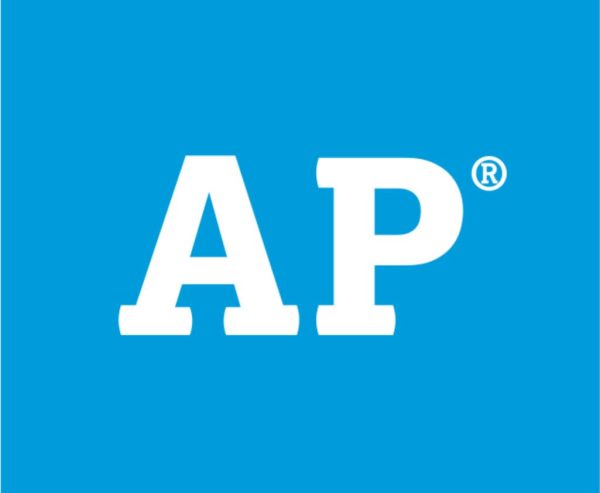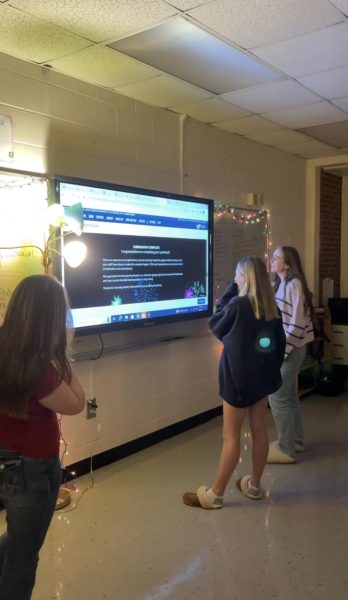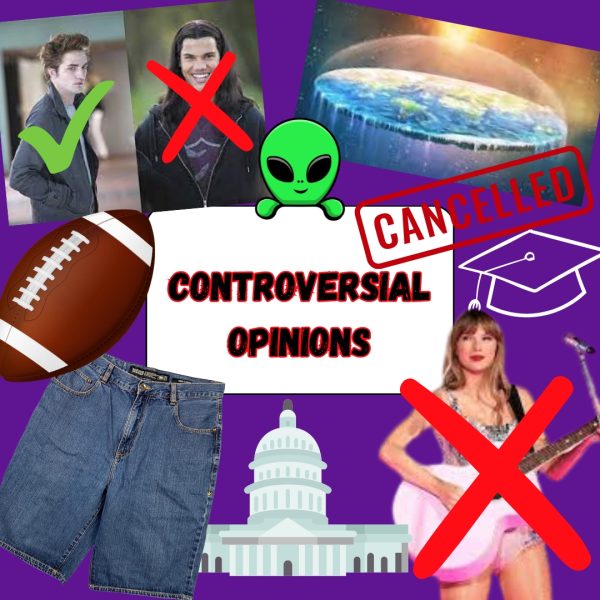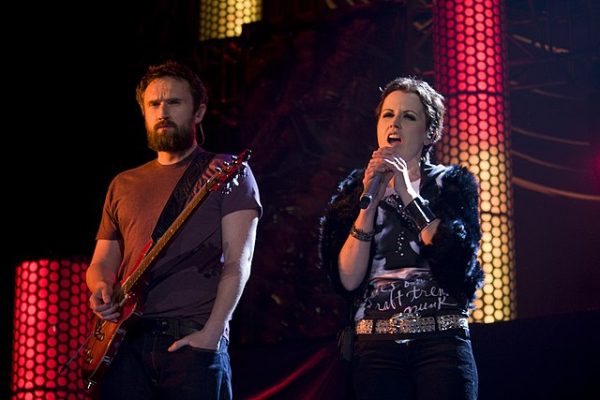How and Why Youtube is Going Downhill
I have practically lived on YouTube for the past five to six years of my life (a fact that I am not very proud of), and I struggle to correctly describe my frustrations with the current state of this site. Youtube used to be an excellent social media platform where you had the right to say what you want and film whatever was on your mind. I used to come home from school everyday and look forward to listening to whatever my favorite content creators felt like saying. There was such a wide variety of videos: gaming, animation, discussions, news, comedy, reviews, etc. If you are not familiar with the current state of YouTube, here is a very brief breakdown.
There have been several events in the past few years that have been deemed “The Adpocalypse.” The first widely considered “Adpocalypse” first occurred late 2016 when PewDiePie (who had the most subscribers on YouTube at the time) said some… let’s just say not family friendly jokes and words. I am in no way defending his actions, but I am completely against the repercussions that hit the entire site. Multiple big companies were uncomfortable that their advertisements were on videos that featured this type of content. So naturally, they decided to pull their ads off of the site completely which does not make a whole lot of sense.
If I am watching the news and they mention a horrible tragedy before cutting to a McDonald’s commercial, will I assume that McDonald’s supports these tragedies? No, and for your intelligence’s sake, I hope you don’t either. I understand that business is risky, but that doesn’t mean I can’t express my frustrations with their tactics. As a result, YouTube started to panic as big companies began to leave their site, and it seemed all content creators were receiving a collective punishment for PewDiePie’s mistakes.
Youtube started creating new qualifications in order for videos to become monetized (eligible to obtain ad revenue), which means that only channels and videos that were deemed “family friendly” by the site can receive ad revenue. Ideally, there would be no cursing, violent behavior, or negative events shown or talked about in these “family friendly” videos. Right away, the news and history channels started to take a hit due to these new monetization rules. News and history channels could no longer mention any negative events in the world, current or otherwise which is basically 95 percent of all news and history.
The second problem with this is that A.I. bots went through and decided what was qualified to be advertised and what was not. A movie review channel that I liked to watch said that they failed to get their “Murder on the Orient Express Movie Review” video monitized because “Murder” was in the title. Many other channels received demonetization on all of their videos for no apparent reason. Many big ‘YouTube stars’ had their entire income revolving around this site, and now, it is being dictated by a bot. Entire channels had to go back to every one of their videos and either delete them or change the titles and descriptions.
I wish this was the only “adpocalypse.” There are about four main ones that are easy to find and do research on. The “adpocalypses” each get progressively worse with new rules. The new issue that is threatening YouTube’s livelihood,an issue that I believe will kill off YouTube if there isn’t a solution presented soon, is Coppa.
Coppa is the nickname/acronym for the Children’s Online Privacy Act that was established in 1998, which sets clear laws against collecting browsing information of children under the age of 13. Apparently, this was not simple enough for YouTube as they had to pay a $170 Million fine for violating it. YouTube created a separate app called ‘YouTube Kids’ that was supposed to be an even safer website targeted specifically at young children. Unfortunately, this app turned out to be an elaborate scheme to collect cookies and target ads at kids which is exactly what COPPA is against.
Needless to say, Google was not happy with what their site had been up to. As a result, Google decided to really crack down on YouTube. The company started complying with COPPA, not just on YouTube Kids, on YouTube itself despite the fact that you have technically have to be over thirteen to have an account. If you didn’t know, personalized advertisements make more profit than non personalized ads, so YouTube decided, yet again, to change the requirements on what qualifies a ‘kid friendly’ video.
Content creators now have to go through a checklist of items that their video may contain and overall if the video is ‘kid friendly’ or not. If a bot decides that your video is not kid friendly when you say it is, then YouTube can personally fine you up to $40,000. If a video is ‘kid friendly’ then it disables a list of features: personalized ads, comments, the ability to save to watch later, and miniplayer. Many people have accused this as restricting freedom of speech. Not to mention, the cons of uploading a video outway the pros.
With all of this information, let’s see what some NFHS Students have to say. Sophomore Mathew Stead says that he understands the importance of “protecting the kids. However, that is their parents’ job. So don’t ruin the good stuff for the age appropriate people.” Sophomore Chance Curtis thinks that it is an unwinnable situation no matter how you look at it. He thinks that items should be censored for kids, but that the bots are ineffective. Even so, he feels like “there’s no other way to do it…billions of hours of content are dropped on YouTube every single minute… there’s no possible way any one person could- you know- track all that.”
Sophomore Frank Rhobotham does not think that kids should be on YouTube at all and says that “You can’t give ads to impressionable children” and that “YouTube needs to cut their losses and find a more legal demographic.” I completely agree with all of these statements; content creators are not babysitters. There’s a reason I practically wasn’t allowed internet access until the age of 11, and I couldn’t get an actual YouTube account until I was almost 14. YouTube needs to realize that they’re a sinking ship, and if they don’t stop trying to please everyone, they’ll be old news and replaced by another platform.
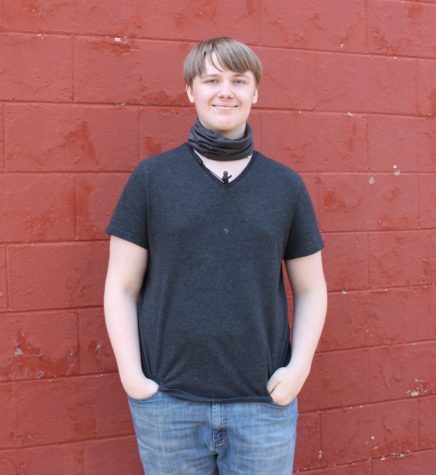
Hi, my name is Steven Gresham! I am looking forward to my 11th Grade year, and I am grateful to have the opportunity to do school in person. I consider...


